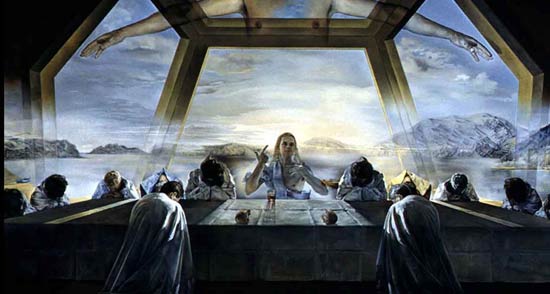
There is a tendency in the Christian world to view Yeshua Nazarite as the first New Age hippie; a long-haired, sandal-wearing likeable guy who strolled about Palestine spreading love and good feelings. While there is a grain of truth to this sentiment, Yeshua Nazarite was more than a friendly guy. Indeed he did spread love amongst the unlovable, peace amongst those foreign to it. However, he was also a scholar, a man learned in the Law and a religious Jew. Yeshua’s teachings did not appear via some process of parthenogenesis, but rather his ideas find their foundation in the Torah interpreted for use by ordinary people in a dangerous world.
The Rabbi as the spiritual leader in the Jewish community slowly evolved in response to the destruction of the Temple and the Diaspora. In the Middle Ages, Jews found themselves without a homeland, caught between Muslims and Christians, spread throughout the known world without a Temple or homeland to link them together. The Levite priesthood disintegrated, and Jewish thinkers such as Maimonides helped to popularize the Rabbinical method as a way to help unify and strengthen the Jewish community in a time of darkness.
Rabbinical thought has antecedents much earlier, but in a time when the priesthood dominated religious practice, the Rabbis were scribes and teachers, though rarely community leaders. While respected members of the community, their role was not truly divine. Unlike the Levites, their place was not set out in the Torah. In the time of the birth of the Roman Empire, Yeshua Nazarite was born into a Jewish community where scholars and priests co-existed, where the Rabbi’s role in the community was still evolving.
It is difficult to pin down the exact date of Yeshua’s birth, though reasonable to assume he lived from around 11 B.C. to 25 A.D. This was a time of great change in the Mediterranean world. A century of civil war had just ended and in the transition the Greek Kingdom in Egypt lost its independence, the Roman Republic was swept away and the world became ruled by the Roman Empire. Its Emperor, Caesar Augustus, became the God of the Known World. To the Romans, Alexander’s once mighty empire was nothing more than a pot of gold to be taxed and pillaged into oblivion. Not even the restored Temple in Jerusalem escaped the greedy Roman vultures.




